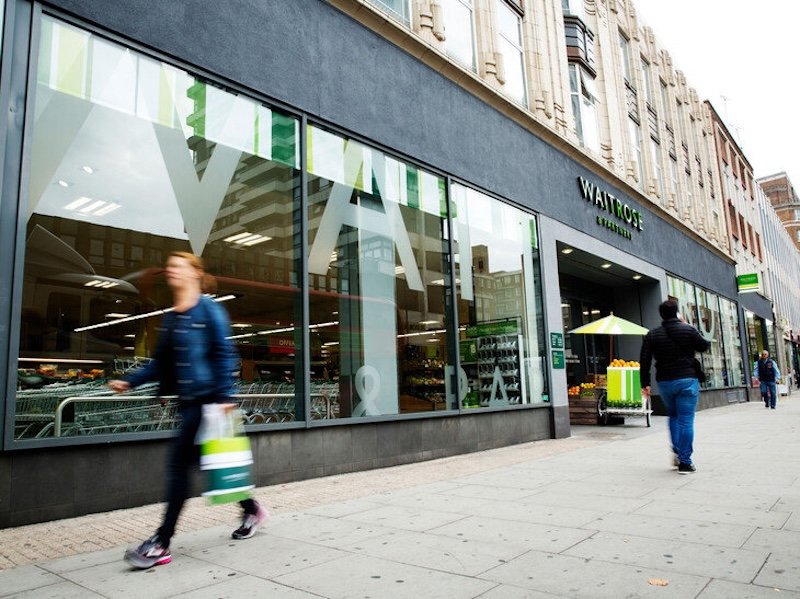How international payments rules are rewriting retail checkout
Most of today’s transactions never touch cash. In the UK, card payments reached around £1 trillion in 2024. Cash, on the other hand, fell to roughly 10% of all payments.
For supermarket groups, fashion chains, and marketplaces, that shift pulled them into a dense web of international rules around data, security, competition, and consumer protection.
The same applies to digital-only businesses. Food delivery platforms, subscription services, and even a real money casino catering to players in tightly regulated markets all depend on payment rules. They determine which funding methods can be offered, how they handle KYC and withdrawals, and how much friction they can remove from cross-border transactions without falling foul of regulators or card schemes.
In the sections that follow, we unpack how those rules are changing and what retail and digital leaders need to factor into their next wave of payments innovation.
What “International Payments Law” Means in Practice
There is no single global payments statute. Instead, retailers deal with overlapping frameworks that begin to bite as soon as they accept cards, wallets, or account-to-account transfers from another market.
In Europe, PSD2 and its Strong Customer Authentication (SCA) requirements define how online card payments are authenticated and how open-banking APIs can be used for account-to-account payments.
In the UK, the Payment Systems Regulator’s card acquiring review pushed providers to make fees and contract terms clearer. This was proposed after finding that around 45% of small and medium-sized merchants never searched for alternative acquirers.
Worldpay’s Global Payments Report notes that digital wallets already account for close to half of global e-commerce transaction value and are on track to approach half of combined online and Point of Sale spending by the middle of the decade.
Those trends reflect regulators’ push for secure user journeys, strong authentication, and clear liability when something goes wrong.
Checkout Journeys Shaped by Regulation
For a normal UK grocery store or non-food chain, these frameworks are most noticeable at the register. You can now use two-factor flows, biometrics, and risk-based security every time you go online, thanks to SCA.
After the initial SCA bump, retailers that worked with their gateways and issuers to apply exemptions and make lighter-weight flows saw a drop in cart abandonment. This was due to fraud and chargebacks staying at reasonable levels. People who only saw SCA as a box to check still have a higher drop off rate when customers are forced to use messy 3-D Secure screens.
On the cost side, the PSR’s remedies are changing how smaller merchants buy card-acquiring services. Largest acquirers, which handle about 95% of transactions for the targeted group, have been told by the government to send standard-formatted summaries of fees and contract terms to merchants. Most importantly, they have to send reminders before auto-renewals.
Wallets, Contactless, and the New Normal at the PoS
UK Finance figures show that debit cards were the most used way to pay in 2024, with 18.9 billion contactless payments across all card types. More than half of UK adults are now registered with at least one mobile wallet.
Regulators, meanwhile, are debating how far they should go in setting the rules of that tap-to-pay world. The UK's Financial Conduct Authority wants to get rid of the fixed £100 limit on contactless cards and let issuers set their own limits based on risk. Some wallet providers support this, but shops and consumer groups are worried about fraud and the cost of upgrading terminals.
Access-to-cash obligations also mean large retailers have to think carefully before removing cash acceptance entirely. This is true even as the share of payments made with notes and coins continues to fall.
How Digital Only Businesses Feel the Same Rules
Pure-play digital businesses see these dynamics at the sharpest edge. If a food delivery service or streaming service doesn't keep up with SCA exemptions or issuer preferences, it could see its decline rates go up in key areas.
A high-risk industry like gambling has to deal with extra layers. Think checks on the source of funds, clear bans on certain funding ways in some places, and closer monitoring of cross-border flows. If a real-money gaming provider has to deal with regulators, the difference between a smooth KYC and payout process based on wallets and a badly designed card-only flow can show how long a customer stays a customer.
Open-banking fees add something new. In places where instant account-to-account rails are already common, stores and platforms are testing pay-by-bank options that can cut down on scheme fees and speed up settlement, but only if officials make it clear how refunds and disputes work.
Conclusion
International payments rules are changing retail through normal checkout processes. Security, competition, and consumer protection rules already decide which methods are used most. This also implies how much it costs to accept them, and how much trouble customers are willing to deal with in places like the UK and Europe.
Nowadays, people carry more wallets than cash. So it's key for stores, platforms, and digital only brands to see payments law as part of their customer experience strategy. In other words, payments are no longer just a back-office compliance task.































Continue reading…